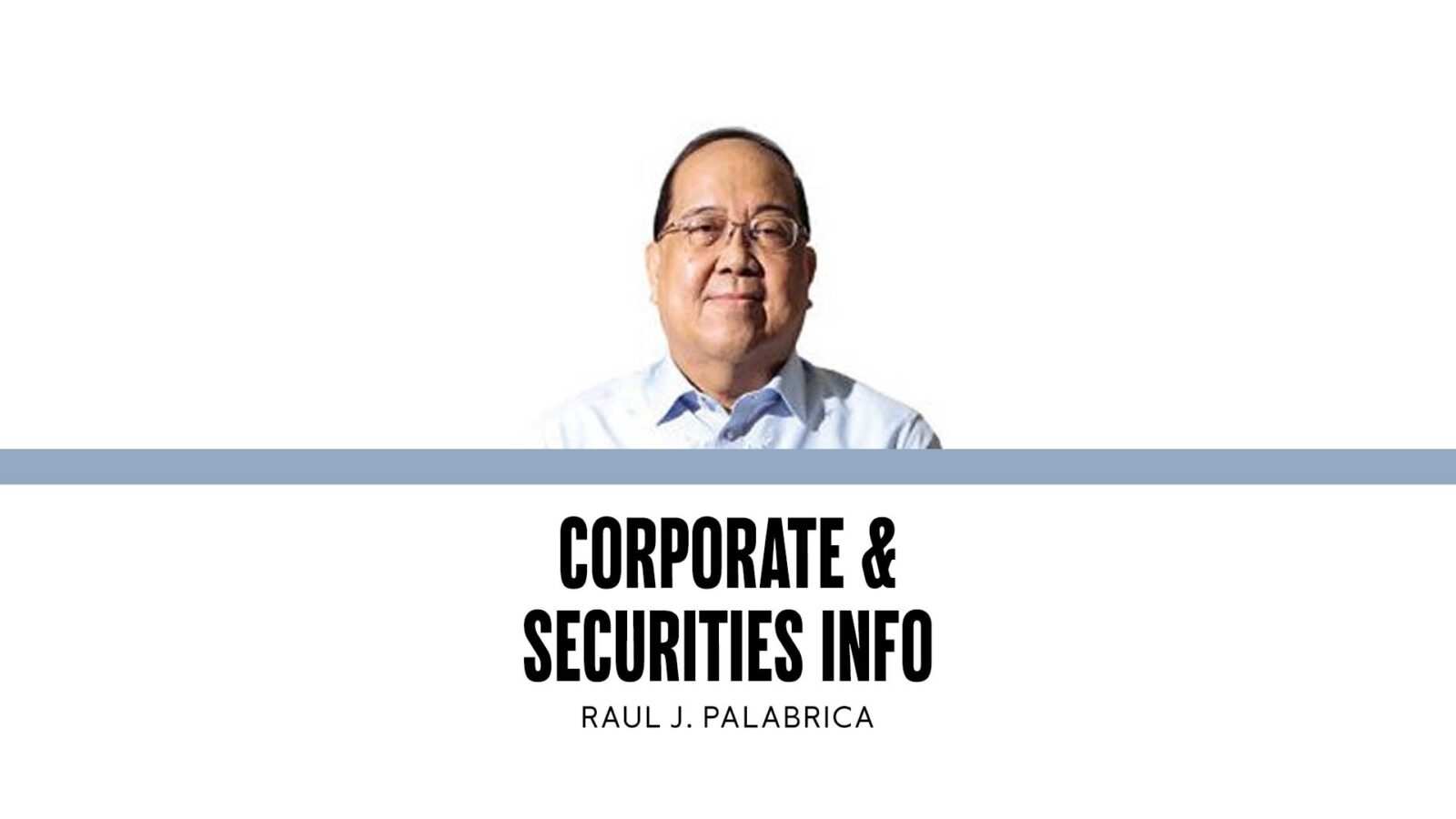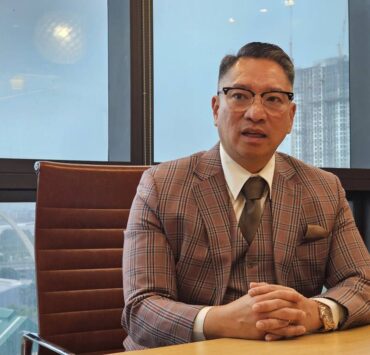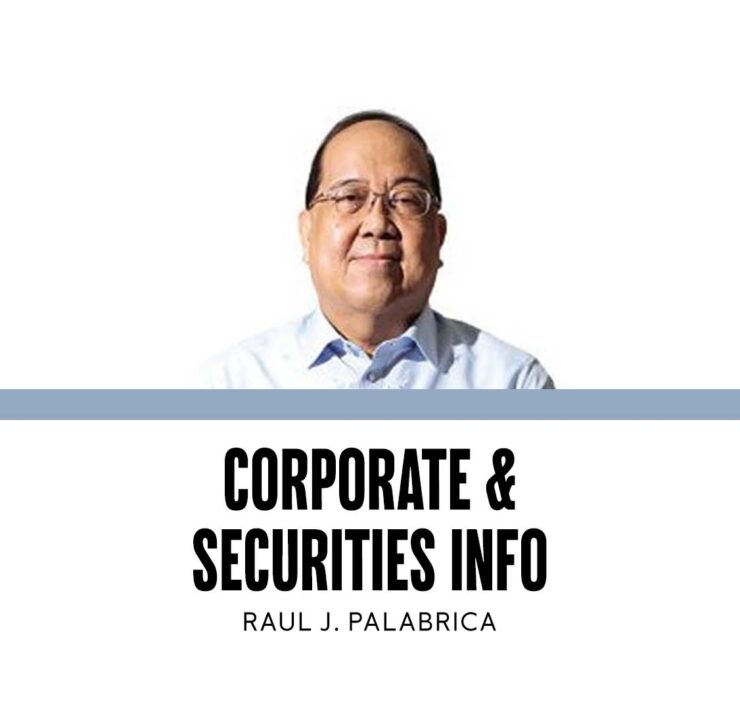Integrity of notarized documents

At last week’s hearing of the Senate blue ribbon committee on anomalous flood control projects, Orly Regala Guteza, a witness presented by Sen. Rodante Marcoleta, testified that he delivered suitcases containing money to the residence of former House Speaker Martin Romualdez and Rep. Rizaldy Co.
Shortly after he submitted his affidavit to the committee, lawyer Petchie Rose Espera, whose signature and notarial seal were in the document, issued a statement denying “…notarizing, signing or participating in the preparation of the said document.”
She further said the signature and notarial details attributed to her were falsified and unauthorized.
That disclaimer raised serious doubts about the truthfulness of Guteza’s statements, including the integrity of the people who had a hand in his sudden appearance in the hearing.
In an obvious effort at damage control, his handlers said that even if the notarization was falsified, his statements deserve consideration because he was sworn to by the committee before he read his affidavit.
It is apparent that the attempt to make it appear that his statements were made under oath before a notary public was aimed at giving them the credibility usually accorded to or is enjoyed by notarized documents.
The common perception of those documents is that their contents are truthful or worthy of belief because their affiants know that they could be held liable for perjury if their statements were later proven false.
The unabashed falsification of a notarial certification submitted in a proceeding that had drawn and continues to draw public attention has added to the already diminished level of confidence in the trustworthiness of documents submitted to government offices and business establishments, in particular, banks and financial institutions.
In earlier times, when official and commercial papers that bore the signatures of the parties were submitted, the genuineness of the signatures was presumed and no additional documents were needed to authenticate them.
Not anymore.
The proliferation of fake and falsified documents, which has been made easy through the use of computer-generated signatures and other AI (artificial intelligence) techniques, no longer makes that trusting attitude acceptable.
Today, it is standard operating procedure that signatures in commercial or business documents must be accompanied by a photocopy of a government-issued identification card (or sometimes two depending on the significance of the document) of the signatory that bears his or her signature.
And below that, the signatory must sign three times and indicate the date of his or her signing. These requirements are aimed at ensuring that the document was really signed by the person whose signature appears on it.
These requirements apply even if the document is notarized by a notary public or sworn to before a government employee who is authorized to authenticate documents.
With that incident in the Senate hearing, notarization may cease to be looked at as a reliable measure of the truthfulness or credibility of statements made in notarized documents. It looks like the threat of being held liable for perjury or making false statements under oath no longer makes telling the truth an essential element in the preparation and submission of sworn statements.
This would be unnerving for transactions that, for example, involve huge amounts of money or require compliance with some obligations in long-term contracts that are based on commitments made under oath.
In light of the misuse of the notarial process, some businesses cannot be faulted if they adopt stricter rules in the submission of documents that are required to be duly notarized.
That may include giving a copy of the notary’s notarial commission to make sure he or she is authorized to perform the notarial act and, like the signatories, a photocopy of a government-issued identification that bears his or her signature.
If that happens, the blame should go to the mastermind of that poorly conceived caper in the Senate hearing. Oh, for the good old days when the Senate was composed of men and women of proven probity and integrity.


















